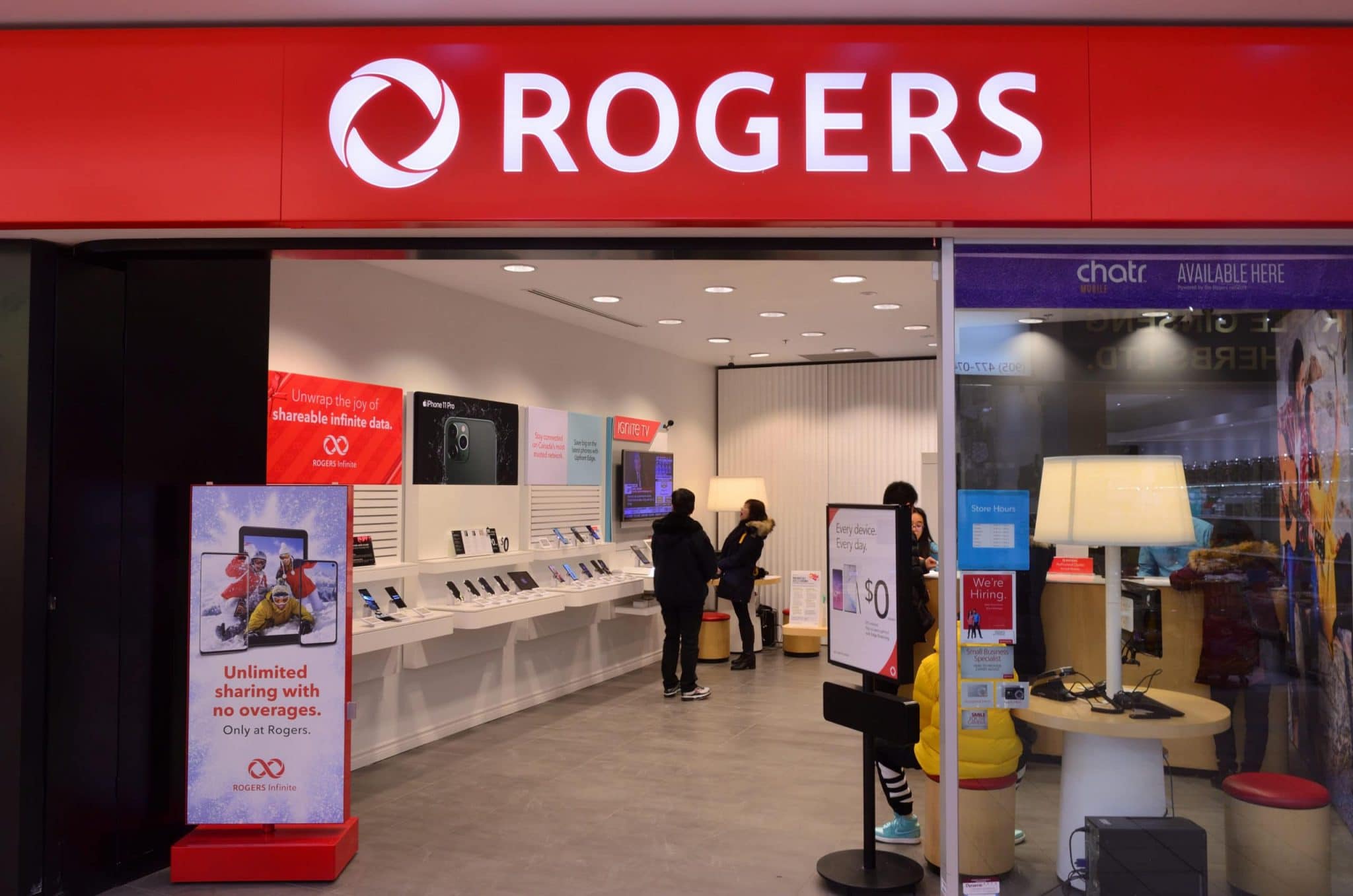
 Canadian telecom company Rogers Communications (Rogers Communications Stock Quote, Chart, News TSX:RCI.B) had an atypically down year in 2019, which might lead investors to think the stock is due for a good run.
Canadian telecom company Rogers Communications (Rogers Communications Stock Quote, Chart, News TSX:RCI.B) had an atypically down year in 2019, which might lead investors to think the stock is due for a good run.
That may be so, but there are better plays within the communications space, says portfolio manager Varun Anand of Starlight Capital, who likes the US cell tower companies better than Rogers Communications.
“The way we approach the telco space is that we generally shy away from the operators and the reason for that is that they’re much more competitive than the cell towers or the data centres because whether it’s Rogers, Telus or Bell they’re all competing on price plans, whether it’s more data for less money, new phones, etcetera,” said Anand, who spoke to BNN Bloomberg on Monday.
Rogers had gained a lot of ground over 2018 so it was less of a surprise when the stock started sliding in 2019. Less expected was the move by the Canadian telcos last summer to add unlimited data plans to their roster of options, effectively foregoing the lucrative overage fees assigned to limited data accounts for the sake of attracting customers.
And while many have migrated to the new wireless plans on offer from Rogers, Telus and Bell, the impact of the switch seems to have hit Rogers the hardest, at least initially. Rogers saw a drop in services revenue over the past two quarters, attributed to the loss of overage fees.
The company reported its fourth quarter earnings on January 22, where it saw its net income fall to $468 million compared to $502 million a year earlier. Rogers’ revenue came in as expected at $3.95 million compared to analysts’ average estimate of $3.96 billion, while EPS missed at $1.00 per share compared to the consensus expectation of $1.02 per share.
With the Q4 report, management’s guidance for the upcoming year included a forecast for service revenue to stay flat, for minor adjusted EBITDA growth of between zero and two per cent and for major capital investments of between $2.7 billion and $2.9 billion.
Rogers CEO Joe Natale said capex will also depend on how government regulators come down on a number of issues related to the rollout of 5G networks, with one of the contentious issues being where regulators set the bar for the Big Three telcos in terms of selling access to their infrastructure to smaller competitors.
“As we enter the world of 5G, regulatory certainty is critical to investment,” Natale said in the quarterly conference call. “We need regulation that encourages investment and fuels innovation. Punitive regulation will slow, or worse, stall 5G deployment and expansion of rural connectivity will happen at a snail's pace if at all.”
Anand said the costs of 5G buildout are another reason to look elsewhere for success stories related to 5G, specifically, towards cell tower companies in US which have been performing very well in recent years. American Tower (NYSE:AMT), for example, finished 2019 up 45 per cent while Crown Castle (NYSE:CCI) finished up 31 per cent.
“[Canadian telecom companies] are very capex-intensive, so as 5G rolls out they’re going to have to spend a lot of money building their network,” said Anand. “We would only invest in the telco space if it was a really compelling valuation, and Rogers right now I think is within its five-year average on EV/EBITDA.”
“On a pullback we would definitely be more interested but here we don’t see as much upside as some of the cellular tower companies that are listed in the US,” he added.
Leave a Reply
You must be logged in to post a comment.





 Share
Share Tweet
Tweet Share
Share




Comment